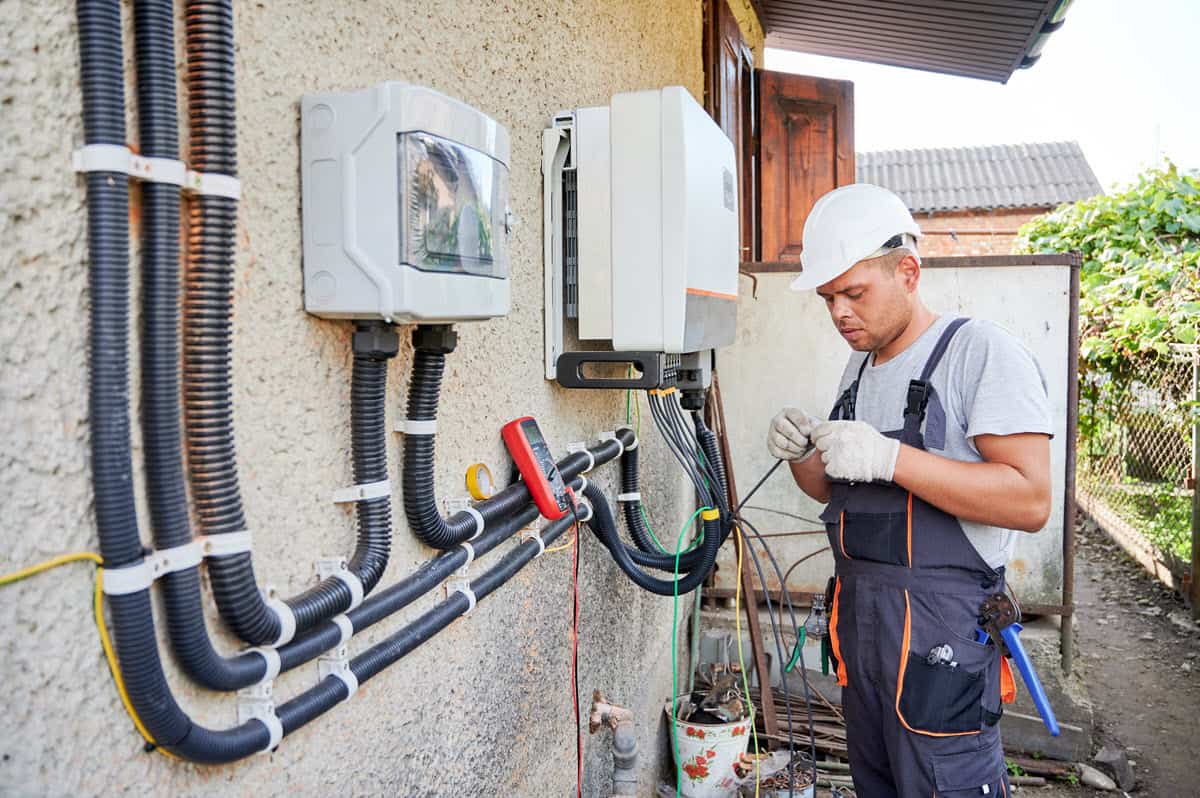Solar generators have emerged as a powerful solution for clean, reliable power. Whether preparing for emergencies, planning off-grid adventures, or simply looking to reduce your carbon footprint, understanding how to safely set up and use a solar generator is crucial. This guide will walk you through everything you need to know to harness the sun’s energy effectively and securely.
Understanding Solar Generators
Solar generators are portable power stations that convert sunlight into usable electricity. Unlike traditional fossil fuel generators, they operate silently, produce no emissions, and require minimal maintenance. A typical solar generator system consists of solar panels, a battery for energy storage, an inverter to convert DC to AC power, and various outlets for powering devices.
When choosing the best solar generator for your home, it’s essential to consider your specific needs and the type of system that will serve you best. Portable solar generators are ideal for camping trips and outdoor events or as a backup power source for small appliances. On the other hand, whole-home systems are designed to provide more substantial power output and can even power an entire house in some cases.
Assessing Your Power Needs
Before setting up your solar generator, it’s crucial to calculate your energy requirements accurately. This involves listing all the devices and appliances you plan to power, noting their wattage, and estimating how long you’ll need to run them. This calculation will help you determine the appropriate size of the solar generator and the necessary solar panel capacity to meet your needs.
For example, if you plan to use your solar generator for emergency preparedness, you’ll want to ensure it can handle essential appliances like refrigerators, lights, and communication devices. The role of solar generators in emergency preparedness cannot be overstated, as they provide a reliable power source when traditional grids fail.
Safely Setting Up Your Solar Generator
Choosing the Right Location
Proper placement of your solar generator is crucial for both safety and efficiency. For indoor use, ensure the area is well-ventilated to prevent overheating. If using the generator outdoors, protect it from the elements while allowing for adequate airflow.
Connecting Solar Panels
When setting up your solar panels, consider both portable and rigid options. Portable panels offer flexibility for changing locations, while rigid panels are ideal for more permanent setups. Regardless of the type, proper positioning is critical to maximizing sun exposure. Aim for a south-facing orientation (in the Northern Hemisphere) and adjust the angle based on your latitude for optimal energy capture.
Battery Management
Proper battery care is essential for the longevity and performance of your solar generator. Follow the manufacturer’s instructions for initial charging procedures and maintain optimal battery health through regular use and proper storage practices.
Inverter Setup
Understanding the difference between AC and DC power is crucial when setting up your inverter. Ensure all connections are secure and follow the manufacturer’s guidelines for safe operation.
Integrating with Existing Electrical Systems
Proper integration is crucial for those looking to use their solar generator as a backup for their home’s electrical system. This often involves using a transfer switch to connect the generator to your home’s electrical panel safely. There are two main types of transfer switches:
- Manual transfer switches require you to switch between grid power and generator power physically.
- Automatic transfer switches detect power outages and switch to generator power automatically.
When integrating your solar generator, avoiding backfeeding issues is essential, as this can be dangerous for utility workers. Always ensure proper isolation techniques are in place, and consult with a licensed electrician to ensure code compliance.
Safe Operation and Maintenance
Regular maintenance is critical to ensuring the longevity and efficiency of your solar generator. Implementing best practices for solar generator maintenance can significantly extend the life of your system. This includes:
- Regular inspection and cleaning of solar panels.
- Checking and tightening all electrical connections.
- Monitoring battery health and performance.
- Storing the generator properly when not in use.
Following these maintenance tips ensures your solar generator remains in top condition and is ready to provide power whenever needed.
Advanced Applications
Solar generators are versatile and can be used for various applications beyond basic home backup power. They’re excellent for RV enthusiasts and campers, providing clean, quiet power in remote locations. Additional batteries can be integrated to increase storage capabilities for those looking to expand their system’s capacity.
Moreover, solar generators can be integrated into these systems as smart home technology advances, allowing for more efficient energy management and usage.
Environmental and Economic Benefits
Choosing a solar generator over traditional fossil fuel alternatives offers significant environmental benefits. By harnessing clean, renewable energy from the sun, you reduce your carbon footprint and contribute to a more sustainable future. Additionally, while the initial investment in a solar generator may be higher than traditional generators, the long-term cost savings can be substantial, with no fuel costs and minimal maintenance requirements.
Conclusion
By understanding how to safely set up and use Solar generators, you can ensure reliable, clean energy for your home, outdoor adventures, or emergency situations. While setting up a solar generator can be a DIY project, always prioritize safety and don’t hesitate to consult with professionals for complex installations or integrations with existing electrical systems.
With the right approach, your solar generator can provide years of reliable, clean energy, empowering you to take control of your power needs while contributing to a more sustainable future.
If you’re in the market for a new system, be sure to check out our guide to the best solar generators on the market in 2024 to find the perfect fit for your needs.

Leave a Reply